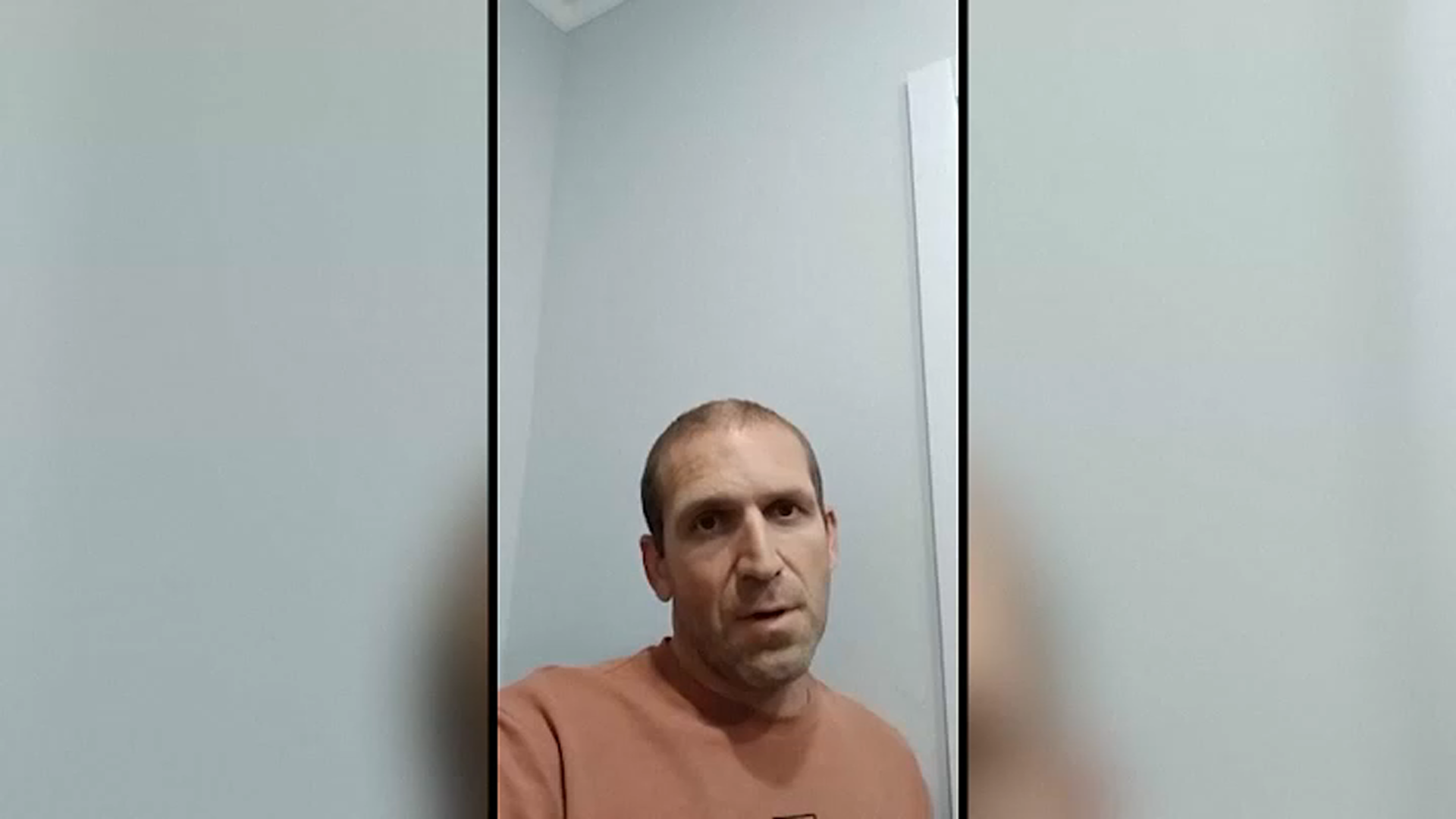
Sam Dutcher had just finished running errands when the 18-year-old's Honda Pilot suddenly began to accelerate, even though his foot wasn't on the gas pedal. The brake wouldn't work, he couldn't shift into neutral, and before long, the runaway SUV was speeding into the western Minnesota countryside with no way to stop.
“I had the brake to the floor,” Dutcher said Thursday, but the SUV kept going faster and faster, eventually reaching 120 mph (193 kpm).
A last-ditch plan averted disaster that September evening — a trooper sped in front of the Honda and Dutcher was told to crash into the rear of his squad car, allowing it to ease safely to a stop moments before reaching a dangerous intersection.
“That was really all I could think of that was going to get him stopped in time," Minnesota Trooper Zach Gruver said. "We kind of just ran out of time and distance. I really didn’t know of any other way.”
Dutcher, who graduated high school in May and is studying auto mechanics, was driving to the family home near West Fargo, North Dakota, around 7:30 p.m. on Sept. 17 when he realized something was wrong.
“I went to take my foot off the accelerator,” Dutcher recalled. "It wouldn’t slow down.” As the SUV gained speed, Dutcher had two options: Stay on a two-lane road and drive into Minnesota, or hop onto the interstate. Figuring traffic would be lighter, he chose the road less traveled.
Dutcher tried using voice command on his phone to call 911, but it didn't work. So he called his mom.
Local
Catherine Dutcher was in the drive-thru line at Hardee's. In her 911 call, she mentioned that the Honda had just been in the shop because the accelerator was apparently getting stuck. Authorities suspect that the SUV’s computer malfunctioned.
The family should take the vehicle in to a dealership for an inspection, a Honda spokeswoman told The Associated Press. The company could not comment further until an inspection was done, she said.
Feeling out of the loop? We'll catch you up on the Chicago news you need to know. Sign up for the weekly> Chicago Catch-Up newsletter.
As the Honda sped into Minnesota, Clay County Deputy Zach Johnson reached Dutcher by phone. Dash camera video shows Johnson talking Dutcher through possible solutions. Nothing worked.
Meanwhile, all Catherine Dutcher could do was worry. When she called 911 for an update, she broke.
“They said they’ve got several officers going to him as well as medical," she recalled. "At that point I kind of lost it because I just imagined him being either seriously injured or dead. I didn’t know how they were going to stop a car that was going that speed.”
Gruver heard what was going on through his radio. His Dodge Charger eventually caught up with the Honda as it was approaching the town of Hitterdal, Minnesota, about 30 miles (48 kilometers) from where the problem began.
Only about 200 people live in Hitterdal, but the highway runs through an area with a couple of stop signs, a railroad crossing and an intersection with another highway.
Gruver raced ahead to keep traffic at bay. His dashcam video showed the Honda zipping quickly past him through town. Dutcher said the SUV was going about 120 mph (193 kph).
Soon, another worry: Johnson warned Gruver that the highway ended at a T-intersection about four miles (6.4 kilometers) away — a two-minute drive at racing speed.
Law enforcement came up with a plan on the fly: Dutcher should drive into the back of Gruver's squad car as both vehicles were moving.
“Yes, run into the back of his car,” Johnson urged Dutcher in a conversation captured on dashcam video.
The 2022 Honda's crash mitigation system kicked in at the point of impact, helping ease the collision, Gruver said. The Honda was going about 50 mph (80 kph) when it struck the trooper's vehicle. From there, Gruver was able to gradually slow to a stop.
Gruver, a married 30-year-old expecting his first baby, was impressed by the young driver who was able to navigate a runaway vehicle at unimaginable speeds.
“Sam did great," said Gruver, who has been a trooper for over three years. “I don’t think there’s a whole lot of people that could deal with that pressure.”



